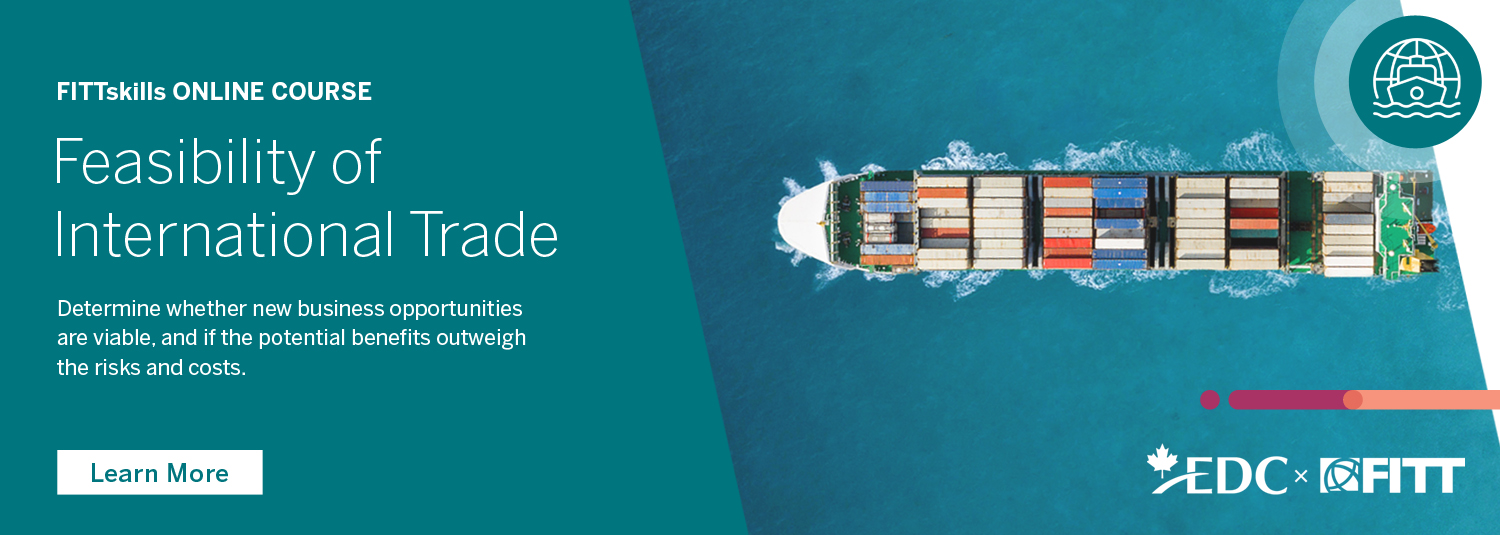
Most people are familiar with the concept of the bottom line: the last line on a financial statement indicating the profit or loss a company has produced during the accounting period.
While generating profit remains a primary goal, many organizations are embracing more sustainable business practices that move away from a “profit above all” mentality which can lead to social or environmental damage. These practices are part of a company’s Corporate Social Responsibility (CSR) policies, and may include adopting a Triple Bottom Line accounting system.
Triple Bottom Line (TBL or 3BL) is a term coined by John Elkington in 1994, and came to prominence with the release of his 1997 book, Cannibals with Forks: The Triple Bottom Line of 21st Century Business. TBL is used to evaluate business performance from a more holistic perspective, measuring a company’s performance in three areas of impact: social, environmental and financial, often referred to as People, Planet and Profit.
In a TBL system, monetary profit is adjusted to reflect the company’s impact in the social and environmental categories.
In a traditional accounting system, companies are held accountable to their shareholders based on profit or loss generated by the business. Companies that have committed to a TBL accounting system still have a primary responsibility to their shareholders, but are held accountable to all stakeholders. This includes anyone who may be directly or indirectly affected by the activities of the company, positively or negatively, whether they have a financial interest in the company or not.
TBL companies must evaluate their present and future impact in all categories while considering the social and environmental consequences of business practices and decisions.
Looking to determine if your new trade opportunities are viable? Check out the FITTskills Feasibility of International Trade online course!
The social (People) impacts
In the social category, TBL companies strive to develop business practices that benefit both the labour force and community stakeholders.
This could include:
- Offering fair compensation to employees, e.g. competitive, equal pay for equal work
- Avoiding exploitation of labour throughout the supply chain, e.g. child labour, sweat shops
- Providing a safe work environment
- Encouraging a work/life balance for employees, e.g. generous leave policies, health benefits package
- Investing in employees’ health, e.g. healthy cafeteria food, onsite fitness facilities
- Investing in the community, e.g. offering tuition subsidies/scholarships, supporting local charities, sponsoring community organizations
The environmental (Planet) impacts
In the environmental category, the impact of business activities on the planet must be considered. Minimizing any negative impact on the environment means recognizing that sustainability is more profitable in the long run. Practices that are deeper than “do no harm” can do more to promote sustainability, and a “make a difference” approach to business may include:
- Reducing energy consumption
- Reducing waste
- Disposing of harmful waste safely
- Reusing or recycling material, where possible
- Ethical sourcing, e.g. procurement from environmentally friendly suppliers
- Developing non-fossil fuel energy sources, e.g. solar, wind
- Offsetting company’s carbon footprint, e.g. purchasing carbon credits, reducing air travel
The financial (Profit) impacts
The financial category of a TBL company still exists to measure profit or loss, however, under this system the economic value generated takes into account costs of all inputs from the social and environmental accounting.
Adopting a TBL system can pose significant challenges to a company. Effective measurement of the social and environmental categories is difficult, and there are inevitable costs associated with both developing and sustaining an effective TBL accounting system.
However, most organizations will find that the benefits of any CSR policy outweigh the costs over time.
The direct and indirect benefits of a TBL system can include cost savings or new revenue streams, such as:
- Attracting employees and reducing employee turnover; people want to work for good companies and feel that their work makes a difference
- Creating goodwill and building brand loyalty; consumers support companies they feel are good for the community and environment
- Attracting investors interested in ethical or socially progressive investment
- Finding opportunities that might be overlooked in a model solely driven by profit, e.g. creating revenue by processing, recycling or upcycling used components or waste materials into useful commodities
A Canadian company founded in 2012, tentree international has made Corporate Social Responsibility a cornerstone of every aspect of its business, from its sourcing to its marketing, with the belief that consumers want to know that not only is their purchase not harming people or the environment, it is actually helping to improve the lives of others and the environment. As an online clothing retailer, tentree demonstrates its commitment to social progress by sourcing its products from suppliers who support social equity in their human resource practices. It works with suppliers to change not only well known “sweatshop” manufacturing processes, but also the underlying social systems that allow these practices to continue. For every item of clothing sold, tentree plants ten trees. This practice not only offsets the company’s carbon footprint, but also helps improve the lives and earning power of communities by creating arable land and a source of food and income. Acting as a citizen of the world that it does business in, tentree’s commitment to corporate responsibility is so ingrained that they are reluctant to report financial profit as a measurement of success. Instead, they point to the number of trees planted as an indicator of performance. As of mid-2016, the company had planted over 9 million trees around the world.
As more organizations develop and improve their CSR models, Triple Bottom Line accounting will become a more prevalent way of measuring a company’s overall impact on people and the planet, relative to its financial profit. Adopting CSR and ethical sourcing practices can mean additional sourcing costs, which companies should consider as part of their cost analysis for importing products.






disqus comments